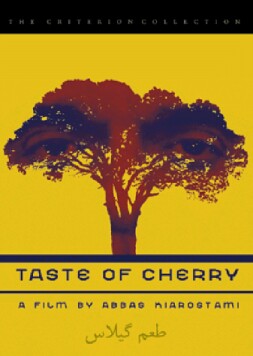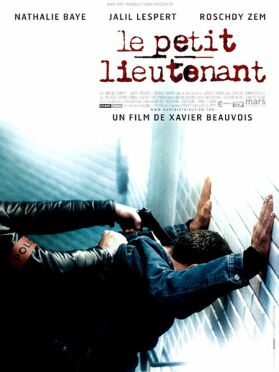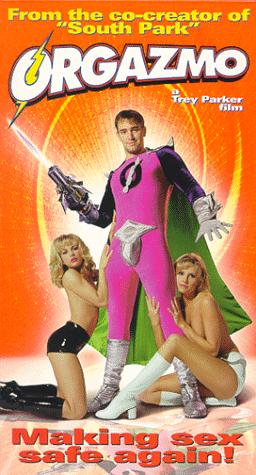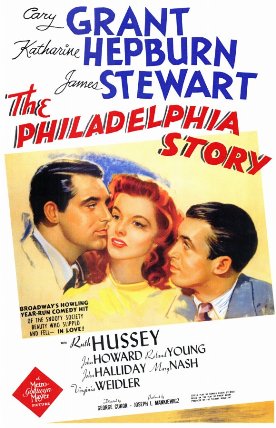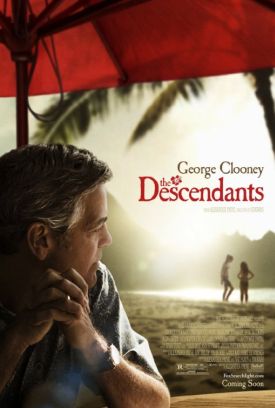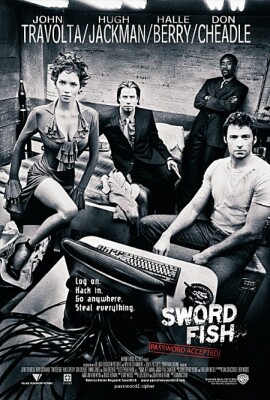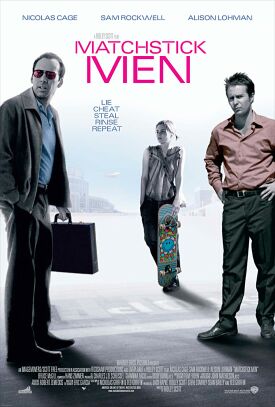Taste of Cherry (Ta’m e guilass)
Taste of Cherry by the Iranian director, Abbas Kiarostami, is not for
those whose idea of movie fun is explosions and shootings, yet its concerns with
matters of life and death are no less exigent for that.
Over the opening credits, Mr Badii (Homayoun Ershadi) is cruising in his
Range Rover, peering intently at knots of laborers looking for work and
obviously interested in just one to do an unspecified job. We suppose that he is
cruising for sex, but, as becomes gradually apparent, he is cruising for death.
He is offering 200,000 tomans, which is six
months’ pay for the young Kurdish
soldier he first picks up for a carefully described task. He makes small talk
with the soldier, fondly remembering his own military service and the way the
soldiers used to count — one, two, three, four — while marching. Again
he manages to suggest that he has other things in mind, but at last unfolds his
true purpose to the soldier.
He takes him to a particular spot in the barren landscape of desert outside
Teheran where a single tree grows. There he has dug a hole. He shows the soldier
the hole and tells him to return to that spot the following morning and call his
name twice, thus: “Mr Badii! Mr
Badii!” Then,
“if I reply, help me out [of the
hole]. If not, throw in 20 spadesful of
earth.” He plans to take a number of
sleeping pills which may or may not be sufficient to kill him. The soldier is
dubious. “You
won’t be burying me
alive,” Mr Badii assures him. All he
has to do is throw in the dirt at 10,000 tomans a spadeful. But the soldier is
frightened and runs away. Off in the distance, Mr. Badii sees a detail of
soldiers quick marching to their chant of
“One, two, three,
four.”
Next he tries to persuade a security guard at some kind of massive
earth-moving project, which is continually going on in the background of all the
film’s action. The security guard says
he can’t leave his post. Mr Badii is
oddly frightened by the rickety looking ladder he has to climb to get up to his
observation booth. Some words between the two of them are lost as we see Mr
Badii — as we often do — behind a glass window pane speaking to someone
inaudibly. Like the dulling and garbling of bits of conversation by the car
noise, or the long shots of the earth-moving project set in the midst of the
barren and featureless desert, these things suggest a separation, a presence in
life but somehow an inaccessible one.
The camera keeps us focused on Mr
Badii’s attempts to be heard, and we
do not even see what the security guard looks like, except for a brief snapshot
at the end, as Mr Badii is leaving. The guard is apologetic about not being able
to go with him, but says:
“it’s
my duty” to stay.
“We all have our responsibilities. I
can’t leave my
post.” Mr Badii, who can leave his
post, is obviously cut off from communication with others in more ways than one.
The idea of a suicide as a man somehow walled off by glass from his fellow human
creatures, whom he can see but not touch or speak to, rings very true and is
part of what makes the film a memorable succession of images.
Eventually, Mr Badii finds his man, who turns out to be an old taxidermist.
This man agrees to do what he asks, but who keeps insisting that he
“would prefer to help in another
way.” This he does by telling him
about his own suicide attempt when he was a young man, back in 1960. He had gone
out before dawn to hang himself from a mulberry tree. But as he was securing the
rope, he touched some ripe mulberries and paused to eat them. They tasted
wonderful. Then the sun came up, and he heard children laughing and shouting on
their way to school. Suddenly there seemed so many things to live for.
“I had left to kill myself and I came
back with mulberries. A mulberry changed
me.”
Then he tells a joke. A Turk
(you’re not Turkish are you?) goes
into his doctor’s office with pains
all over his body. “Every time I touch
myself with my finger here,” he says,
“and here and here and here, I hurt
terribly.” The doctor examines him and
then says: “Your
body’s fine, but your
finger’s
broken.” Of course death is a
solution, but not at first. Not when
you’re young. There are so many things
to live for: the sun, the moon, the stars, spring water to drink or splashed on
your face in the morning. The seasons and their fruit.
“You want to give up the taste of
cherries?” Mr Badii does not reply,
but it is clear that he does not. The film does not stint for a moment its
purely cinematic representation of the world’s oppressiveness, and it ends
ambiguously. But in this context it is a statement of wild optimism to allow us
to see in Mr Ershadi’s wonderfully expressive face a momentary doubt about his
purpose.
Discover more from James Bowman
Subscribe to get the latest posts to your email.

